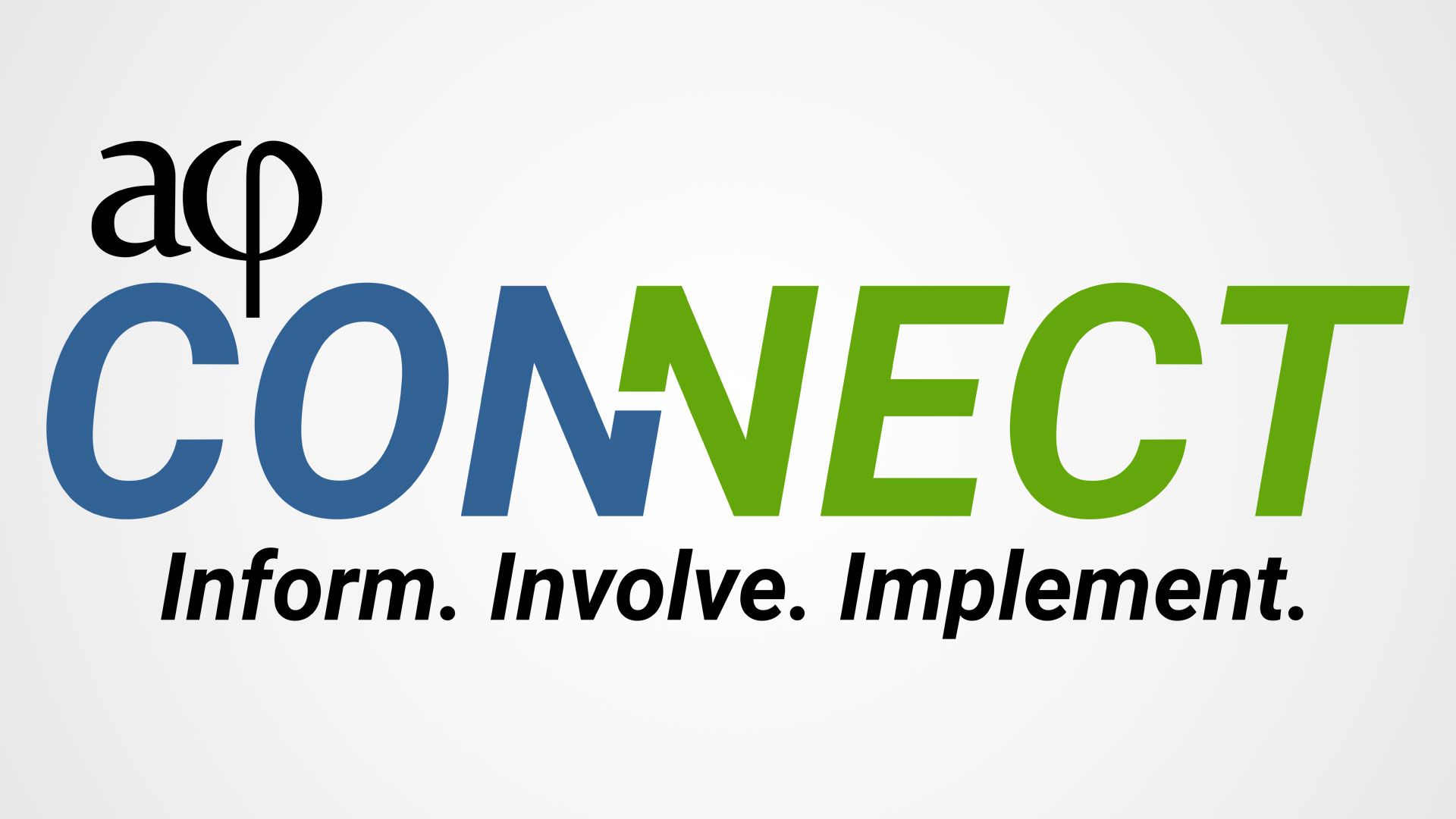What we heard at the 2023 spring ACP Connect meetings

June 14, 2023
Over 150 registrants joined ACP for collective reflection and discussion.
In May, ACP hosted the 2023 spring ACP Connect meetings in Edmonton and Calgary (with live stream) to collectively reflect on recent experiences and share success stories. Over 150 registrants came together in person and online to reflect on how their roles have changed, the factors affecting their practices, and what they have done to adapt to challenges. Outlined below are some of the key takeaways from our discussions.
Pharmacy teams’ roles have evolved over the past few years.
Today, pharmacy professionals are practising to their full scope and have an instrumental role in the health system. They support patients in a myriad of ways as accessible healthcare providers with a wide scope of practice and are relied on by patients for immunizations and injections, point-of-care testing, prescribing, medication reviews, and more.
There has been an increase in demand and potential challenges for pharmacy teams due in part to COVID-19, medication shortages, and an overwhelmed healthcare system. These factors have contributed to an increased workload in many pharmacies. This means pharmacy professionals must be more adaptable and solve more problems. All of these factors have contributed to an increase in burnout and stress.
Patients’ awareness and understanding of what pharmacy teams can do continues to increase.
Pharmacy teams expressed their gratitude for the connections they have formed with their patients and appreciated that patients value and understand their roles and capabilities. Many have also found that patients are more open and communicative with their pharmacy teams once they better understand these roles.
This increased awareness has contributed to increased demand, which has led to challenges in resourcing, including staffing issues. It has also led to increased patient expectations and challenges when pharmacy professionals are unable to provide services that are now expected, such as prescribing.
Staffing shortages are common, particularly in rural areas. Many pharmacies have seen an increase in staffing turnover and have struggled with increased labour costs. There is also a higher demand for pharmacy technicians in community pharmacies and a desire to increase the scope of practice for pharmacy technicians (e.g., administering injections). Other challenges are related to external factors such as pharmacy robberies and increased patient vulnerabilities (e.g., lack of a social safety net, challenges navigating the healthcare system).
Pharmacy teams have adapted to challenges by altering their processes.
Pharmacy teams have managed increased demands by improving their workload distributions. For example, many pharmacies have hired more pharmacy technicians and improved their overall hiring practices to ensure new employees fit well within their teams to reduce turnover. Many have also increased their technology use (e.g., using EMR software). Additionally, pharmacies have improved their internal communications and incorporated regular check ins and staff meetings to increase collaboration. Some have also reduced costly services such as medication delivery or outsourced time-intensive services such as compounding.
Looking towards the future, pharmacy teams shared that they want to prioritize effectively distributing resources. This includes strategic workload distribution (e.g., having a pharmacist available to speak to the patient and conduct an assessment when the patient initially visits the pharmacy or drops off their prescription); hiring more pharmacy technicians to focus on technical work, enabling pharmacists to focus on clinical work; and prioritizing building meaningful professional relationships with patients.
A key takeaway from our discussions is that pharmacy teams continue to rise to challenges and prioritize patient care. The ongoing commitment to providing exceptional patient care was evident throughout our conversations in Edmonton, in Calgary, and online. ACP extends our thanks to everyone who was able to join us for these important conversations and we look forward to gathering again for 2023 fall ACP Connect meetings!

